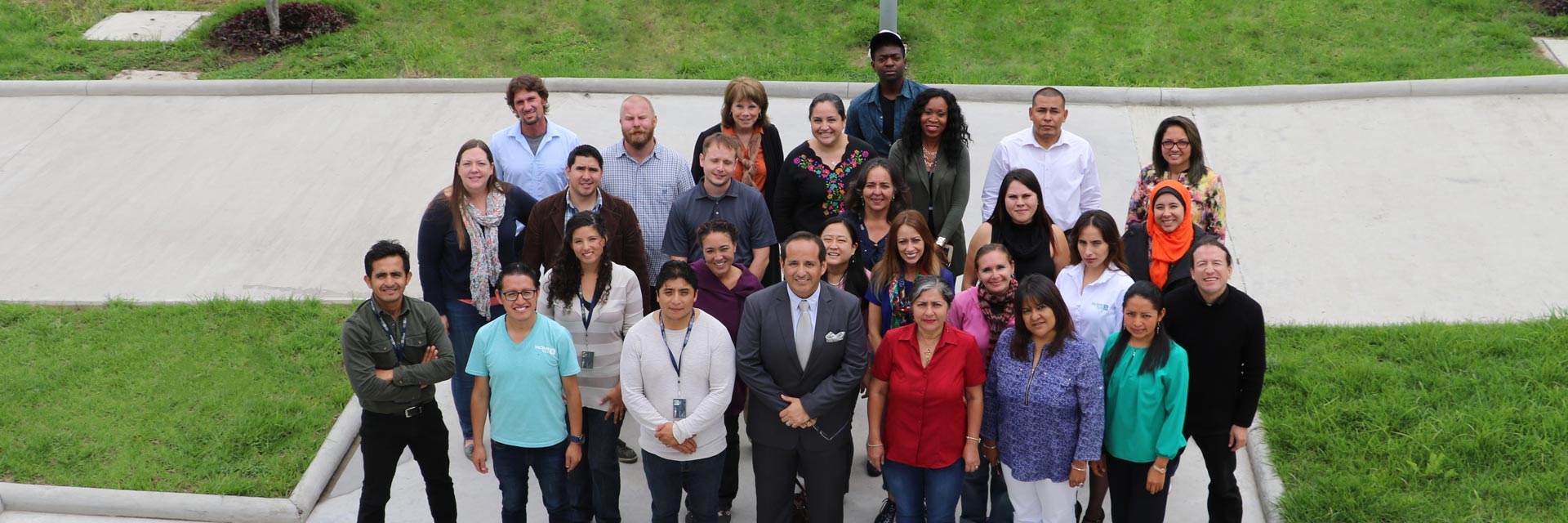- Applied Computer Skills
- Asynchronous online courses
- Computer Assisted Language Learning (CALL)
- Cooperative-collaborative learning
- Higher education
- Innovation
- Instructional design
- Massive Online Open Courses (MOOCs)
- Online teaching
- Post-secondary education
- Teaching-learning strategies
- Flipped learning
- Gamification
- Mobile learning
Technology bolsters student success through easy-to-access information, accelerated learning, and fun opportunities to practice what they have learned. Technology also enables students to deepen their understanding of difficult concepts, especially STEM (Science, technology, engineering, and mathematics). The digital transformation of education systems has created a new teaching–learning ecosystem called e-learning, which needs to be examined in greater detail. Students need 21st-century technical skills in order to be successful at their future jobs.
- The role of language in effective intercultural communication
- Issues and challenges in lecturing for a multilingual and multicultural audience
- Different contexts of EMI use and different interpretations/meanings of the term including internationalisation ‘at home’
- Practical tips for addressing intercultural challenges
Teaching classes in English will not only improve graduates’ job prospects, but it will make them more likely to earn well-paid future careers. English is the language of research; having more staff at a university who speak English will increase the amount of research published in international journals, raising the university’s position in rankings. Research about EMI includes the challenges, needs, and benefits of the professors and students.
- Characteristics of ESP courses
- English for Academic and Occupational Purposes
- Curriculum Design
- Workplace Communication
- Terminology & Vocabulary
- Materials & Textbook Design
English for Specific Purposes (ESP) is a learner-centered approach to teaching English as an additional language, and it focuses on developing communicative competence in a specific discipline such as: (1) Biology and Engineering, (2) Physics and Nanotechnology, (3) Mathematical and Computational Sciences, (4) Chemical Sciences and Engineering, (5) Agricultural Sciences, and (6) Geology. Said another way, ESP programs are related in content (themes and topics) to particular disciplines or occupations and students are exposed to real world communication practice.
- Linguistics for ELT
- ELT Methods
- Instructional Theory and Design
- Second Language Acquisition
- Sociolinguistics/Language and Culture
- Language Assessment
- Structure of the English Language
- Second language reading & writing
- Second language speaking, listening, and pronunciation
- Teaching English for Academic Purposes
- Teaching English for Specific Purposes
- Classroom Management
Teaching and learning are complex processes. Pedagogy is a mix of knowledge and skills essential for successful teaching from teachers and facilitating development in students. Pedagogy and teacher education involve the particular curriculum content and design, classroom strategies and techniques, and evaluation purposes and methods. Schools need to research and develop better ways to educate students.
